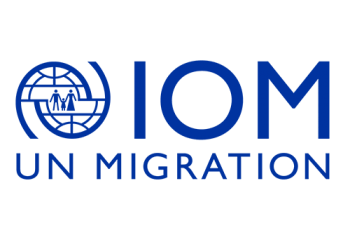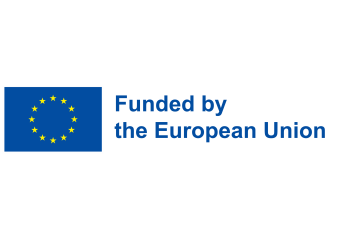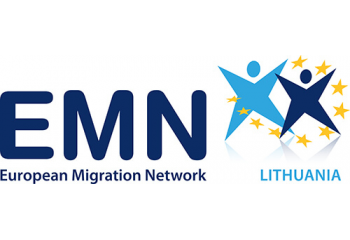News
Migration and development cooperation: How are EMN Member Countries and Serbia integrating migration and development policies?
This inform examines national strategies, policies, and specific programmes in EMN Member Countries and Serbia from 2019 to 2023, highlighting initiatives through bilateral and multilateral cooperation with third-country partners.
The migration-development nexus is increasingly important at both European Union (EU) and international levels, yet a comprehensive mapping of national policies and initiatives remains largely absent. This inform examines national initiatives in EMN Member Countries and Serbia that implement the migration-development nexus, at strategic and operational/programme level. It highlights initiatives funded and/or implemented through bilateral or multilateral cooperation between these countries and third-country partners, covering activities from 2019 to 2023. It also discusses the good practices and challenges encountered by EMN Member Countries and Serbia in implementing the migration-development nexus.
Geographically, the focus for the implementation of the migration-development nexus is primarily Sub-Saharan Africa, specifically the Sahel and the Greater Horn of Africa. Other key regions include the Middle East, North Africa, Eastern Partnership countries, and Latin and Central America.
To enhance decision-making and coordination regarding the migration-development nexus, six EMN Member Countries (BE, CZ, FI, IT, SE, SI) have established dedicated cooperation structures, such as joint platforms and working groups. Coordination is also achieved through regular exchanges or participation in broader interministerial platforms.
Funding for these programmes and initiatives often combines national and EU resources, with national development cooperation funding being the most common source.
While most EMN Member Countries (AT, BE, CZ, DE, EE, FI, IE, IT, LT, NL, SE, SI, SK) monitor the implementation of migration-development nexus initiatives through general mechanisms applicable to all development cooperation and/or migration initiatives, Austria, Belgium, Germany, France, and the Netherlands have dedicated mechanisms for monitoring and evaluating their contributions at operational and strategic levels.
Several aspects have been highlighted as good practices in addressing the migration-development nexus, including effective coordination among key stakeholders, the inclusion of migrants, diaspora populations, and partner countries in the design and implementation of relevant programmes, the development of specific strategic guidelines/action plans, and the creation of indicators to measure progress.
Despite these efforts, challenges remain, such as coordination difficulties, access to funding, and political sensitivities.
Link:EMN Inform (EN)



